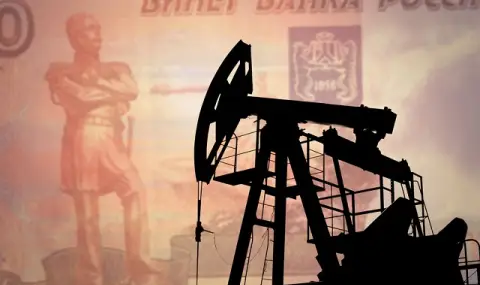A group of Western insurers has provided cover for tankers carrying Russian crude after many in the trading sector pulled out for fear of breaching G7 price ceiling rules, reports "Reuters".
Data reviewed by "Reuters" showed that five insurers, including Luxembourg-based American Club, West England and Norway's Gard, provided cover for 10 tankers that sailed from Russia to Asia this year.
The American Club and the West of England provided insurance for two ships, the Gioiosa and the Orion I, which made similar voyages in early 2024.
Both ships were carrying crude from Russia's state oil company Rosneft in the Baltic Sea to China, the data show.
The American Club said the Panamanian-flagged vessel was on its cover list. West did not comment on specific tankers.
Norwegian Gard, which according to the data covers an individual ship, also declined to comment on specific ships.
The three nonprofit mutuals, which insure ships against oil pollution, personal injury and loss of life, say they are providing a service to their members.
The extent of current underwriting by Western insurers to cover specific Russian oil deals has not been previously reported, as the cap was imposed in 2022 after the start of the war in Ukraine.
The cap, imposed by the Group of Seven industrialized nations and its allies to limit Moscow's ability to finance the war, allows Western insurers and ships to participate in the Russian oil trade only if the oil is selling below $60 a barrel.
Many of those who stopped trading such cargoes said they did so because they could not be sure of the price of the oil carried by the ships they insured.
Russia, which has banned its firms from complying with a price cap, has sold its flagship Urals crude in Baltic ports for an average of $69.4 a barrel so far this year, well above the price cap, LSEG data showed .
Insurers and ship owners are not expected to investigate the price.
Instead, Western law enforcement agencies, including the US Treasury Department, require insurance companies to require so-called certifications from the countries that buy and sell the crude that the oil has been sold by an owner below the price ceiling.
The International Group (IG) of P&I Clubs - which insures 90% of the world's fleet - said in April that the attestation process was flawed and risked exposing its members to price cap breaches.
p>
American Club, an IG member, said it did not have direct access to price information when providing coverage for the tanker Gioiosa.
Gard said it relies on price cap certification and is also checking additional sources of data and information. Both companies referred further questions about the cap to IG.
